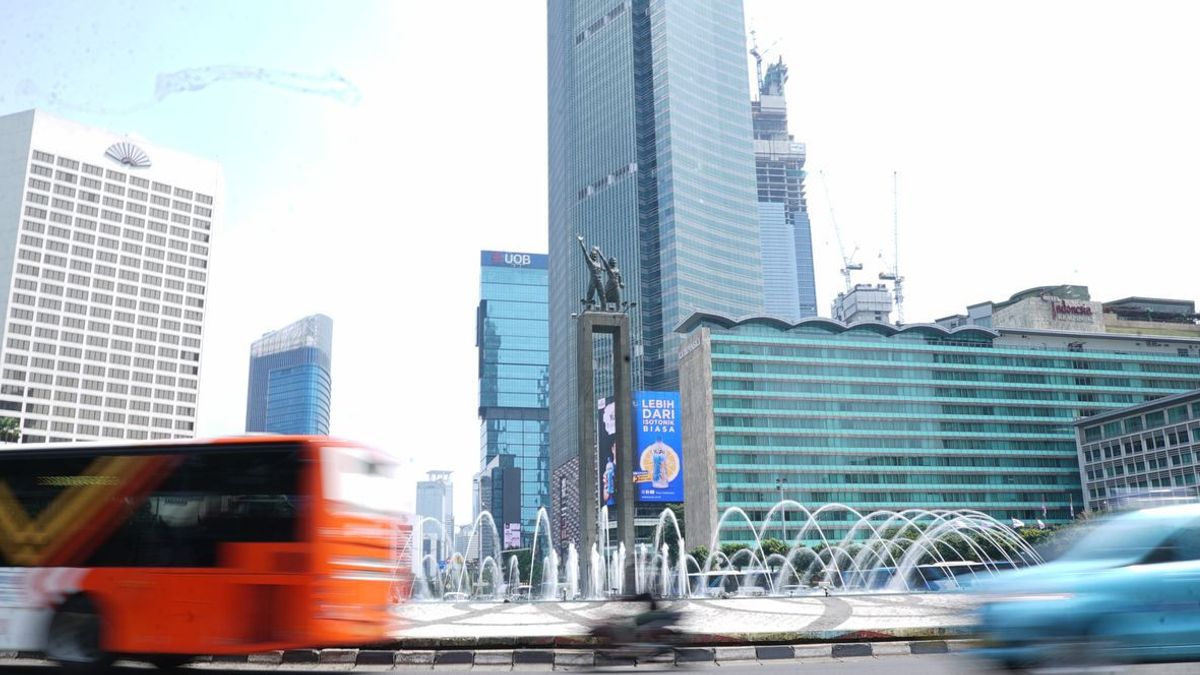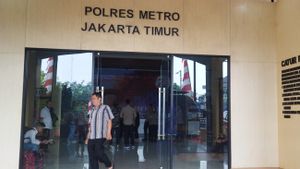JAKARTA - DKI Jakarta Governor Anies Baswedan has again extended the implementation of restrictions on micro-scale community activities (PPKM) from April 6 to April 19.
This is carried out through Governor Decree Number 405 of 2021 concerning Extension of Micro PPKM and Governor Instruction Number 18 of 2021 concerning Extension of Micro PPKM at RT level.
In the extension of the PPKM period, Anies appealed to Jakarta residents to refrain from leaving the house, especially if there is no urgent need.
Especially, said Anies, in a week since the extension of the Micro PPKM was implemented. This is because all Muslims will fast as they enter the month of Ramadan 1442 Hijriah.
"During the month of Ramadan, it can be used as a momentum for us to continue to improve our immunity while fasting to avoid the risk of exposure," said Anies in his statement, Monday, April 5.
Anies said that the PPKM extension was carried out in order to maintain the suppression of the rate of COVID-19 cases. Residents are again urged to not only obey 3M, but also to reduce mobility and prevent unnecessary crowds.
"We are grateful that the emphasis on active cases through PPKM Mikro which is on track is what we all desire. In addition, we would like to express our high appreciation to all those who are struggling to overcome this pandemic situation," said Anies.
Meanwhile, Head of the DKI Health Service, Widyastuti, said the number of active cases in the last two weeks had decreased by 1,247 cases, namely 7,322 active cases on March 21, to 6,075 active cases on April 5.
"We must not be careless with this decline rate. Yesterday this was also a weekend holiday for three days, so we must be ready for any situation so that the case curve can be controlled properly," said Widyastuti.
Widyastuti also explained that the decrease in active cases had a significant impact on the decrease in the use of isolation beds and ICUs.
Based on data from the DKI Jakarta Provincial Health Office, the total capacity of isolation beds as of March 21 was 7,863 beds and 4,258 beds were used or 54 percent of the existing number. Meanwhile, the total ICU capacity as of March 21 was 1,142 and 674 ICUs were used or 59 percent were used.
Meanwhile, as of April 5, the total capacity of our isolation beds is around 7,513 units and is filled with 3,311 or 44 percent, and for ICU it is 1,136 units and is filled with 548 or 48 percent.
"Thus, there has been a decrease in the use of the two facilities, namely 10 percent in isolation beds and 11 percent in the ICU, so that the two facilities previously prepared can be transferred to care for non-COVID patients," said Widyastuti.
The English, Chinese, Japanese, Arabic, and French versions are automatically generated by the AI. So there may still be inaccuracies in translating, please always see Indonesian as our main language. (system supported by DigitalSiber.id)













